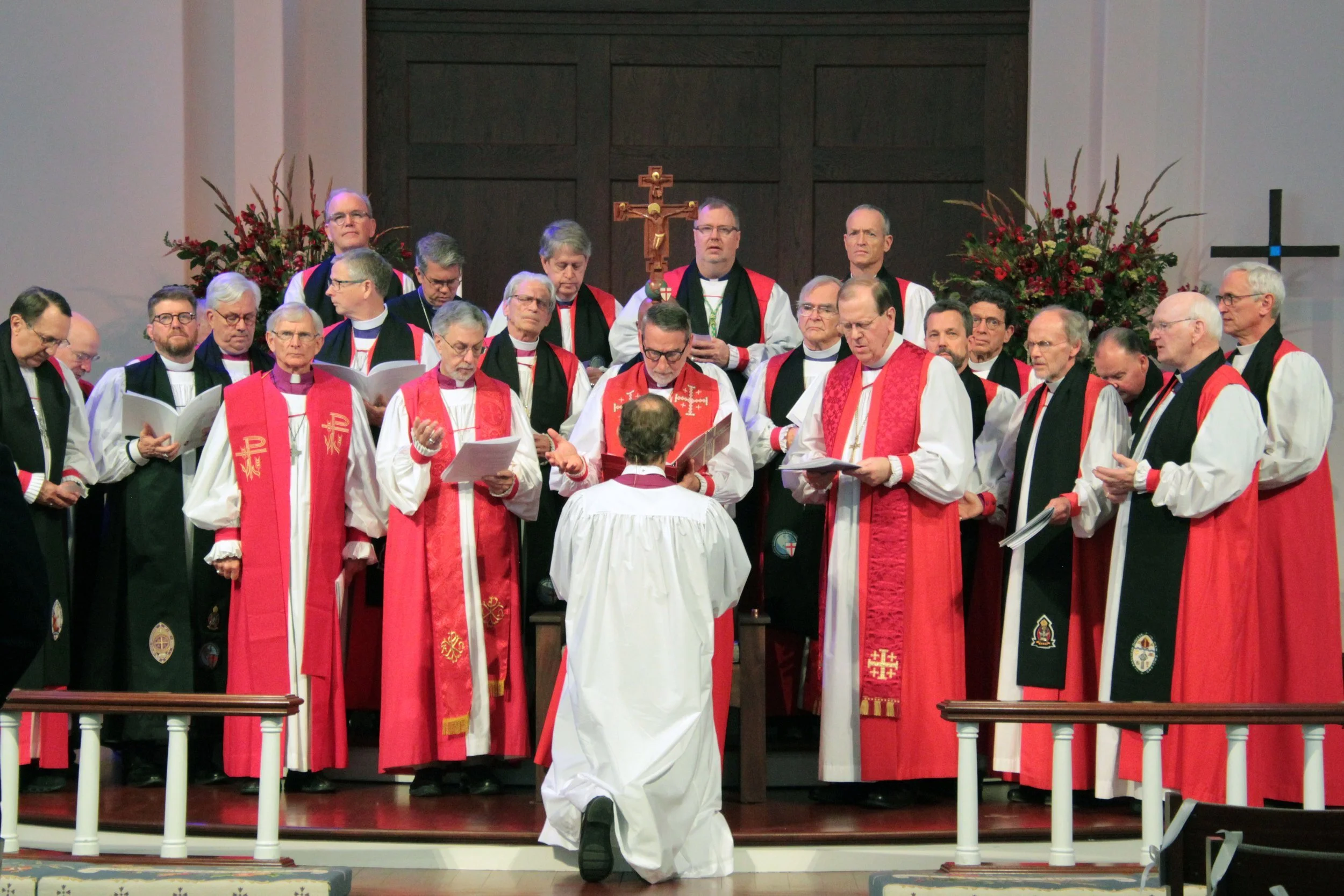
Democracy's Bedrock: The Enduring Power of Peaceful Transfer
Introduction
The peaceful transfer of power is a cornerstone of democracy, ensuring the stability and legitimacy of governments. However, this bedrock principle has faced challenges in recent times, raising questions about its enduring strength. This critical examination explores the complexities of peaceful transfer, examining its importance, challenges, and the ways to safeguard it.
Importance of Peaceful Transfer
Peaceful transfer safeguards the democratic process by ensuring orderly transitions of power. It prevents instability, violence, and erosion of public trust. When leaders respect the outcome of elections and cede power willingly, it demonstrates the strength of institutions and the commitment to the rule of law.
Challenges to Peaceful Transfer
Despite its significance, peaceful transfer faces challenges from various quarters:
- Authoritarian Tendencies: Some leaders may refuse to accept electoral defeat, undermining democratic norms.
- Polarization: Deep political divisions can lead to distrust and reluctance to accept the legitimacy of opposing views.
- Foreign Interference: External actors may attempt to influence elections or support autocratic leaders.
- Weak Institutions: Fragile institutions, including elections commissions and judiciaries, can undermine faith in the electoral process.
Real-Life Examples
Recent events have highlighted the fragility of peaceful transfer:
- 2021 U.S. Capitol Riot: Former President Donald Trump's refusal to concede defeat led to a violent attack on the Capitol, challenging the peaceful transition of power.
- 2022 Kenyan Elections: A close and disputed election led to accusations of fraud, raising concerns about the potential for instability.
Safeguarding Peaceful Transfer
To safeguard peaceful transfer, it is imperative to:
- Strengthen Institutions: Independent election commissions, impartial judiciaries, and free media play a crucial role.
- Foster Dialogue: Promote respectful political discourse, bridge polarization, and create spaces for constructive debate.
- International Cooperation: Encourage international norms and sanctions against those who undermine peaceful transfer.
- Civil Society Engagement: Empowered civil society organizations can monitor elections, advocate for transparency, and hold leaders accountable.
Conclusion
The peaceful transfer of power remains an essential pillar of democracy. While it faces challenges, it is not insurmountable. By strengthening institutions, promoting dialogue, and engaging civil society, we can safeguard this bedrock principle. The enduring power of peaceful transfer depends on the collective commitment of citizens, leaders, and the international community to uphold the democratic process and protect democratic norms.
Post a Comment